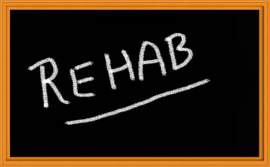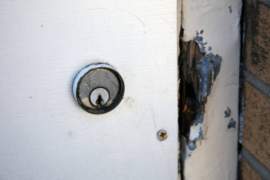
Conduct Disorder

Conduct Disorder
Conduct disorder refers to a mental condition that describes individuals that display a callous lack of empathy for others and typically display aggressive and antisocial behavior without regards to the pain inflicted on others. Conduct disorder is often hard to diagnose but typically affect young persons that display anti-social behavior such as vandalism and cruel behavior.
How is conduct disorder identified?
The Diagnostic and Statistical Manual of Mental Disorders, published by the American Psychiatric Association maintains a classification system to diagnose potential conduct disorder. The criteria are categorized in the following manner:
- Aggression to people and animals (fighting, bullying, use of weapons, cruelty)- Destruction of property (setting fires to destroy property)- Deceitfulness or theft (stealing, conning and shoplifting)- Serious violations of rules (truancy and violations of curfew)
Typically, any combination of these three criteria within 12 months diagnoses some form of conduct disorder, ranging from mild to moderate or severe. Clearly, the mild categorization, despite some causes for concern, does not typically label the child a danger to others. Persisting symptoms of conduct disorder however, may cause concern, especially if these symptoms do not dissipate with age.
How does environment affect conduct disorder?
Conduct disorder typically affects only a small percentage of children, but this is more common for children that have poor parenting or live in a violent area. This may change the behavior of the child toward delinquency and antisocial behavior due to a lack of guidance or factors that encourage such behavior, such as peers with conduct disorder.
What are the long term consequences of conduct disorder?
Failure to treat or mistreating conduct disorder can lead to further alienation and escalation of the child’s antisocial behavior. With an improper or confrontational approach, the conduct disorder can be exacerbated or the child may lash out in other ways, potentially even becoming self-destructive. This behavior can also lead to mental health issues in adulthood, which will eventually lead to serious a repeating cycle of destructive behavior.
How can conduct disorder be managed?
Conduct disorder is usually best managed by the family with the aid of mental health professionals. This is because behavior associated with conduct disorder is frequent and rarely understood by others. The parents are typically the best equipped to work with their child to ensure their long term emotional health and development. The mental health professional will offer advice to help the child cope with violent or destructive urges and try to establish protocol to deal with further incidents of conduct disorder.


















